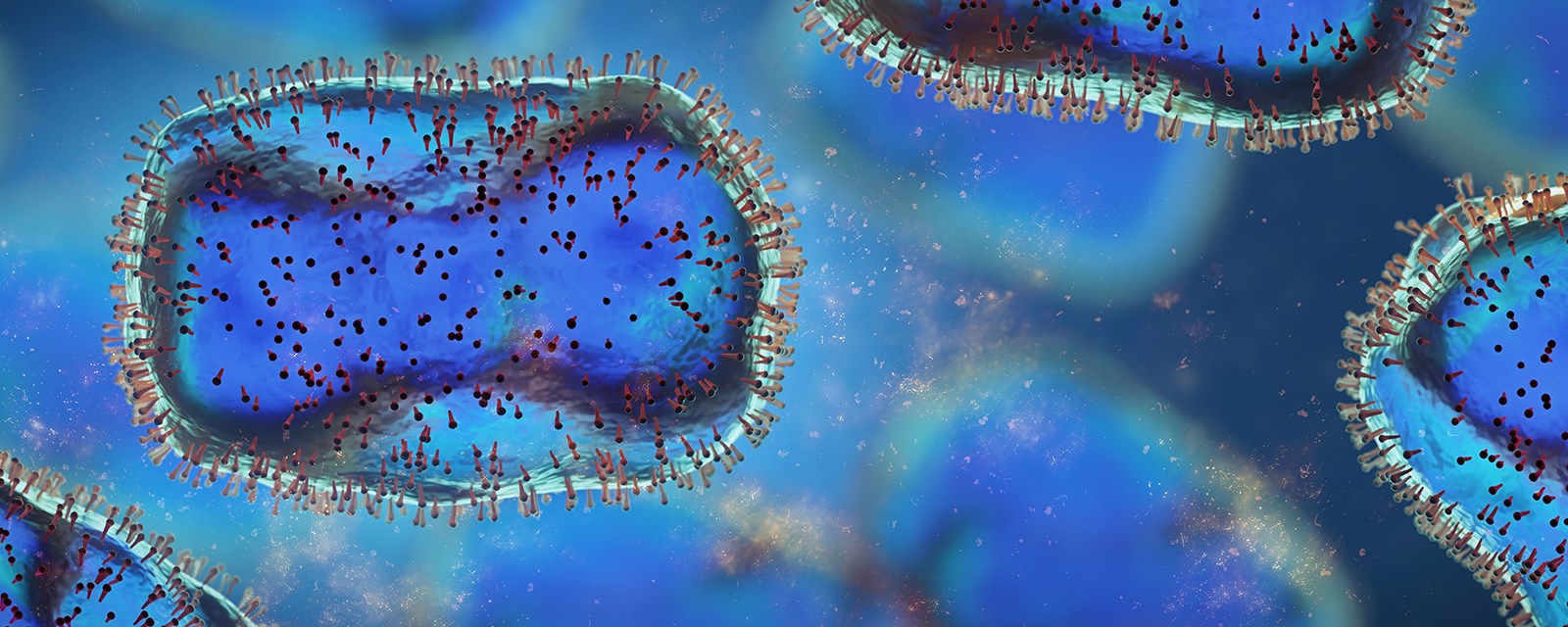
Doctors and health officials call for vigilance on monkeypox
Doctors and health officials from the UK, Africa and America have said that the world must remain vigilant to the spread of monkeypox, despite declining cases in many countries.
Speaking at the Royal Society of Medicine last week, a panel of experts praised the rapid response of the UK in rolling out vaccines during a rapid and unexpected outbreak earlier this year.
Professor Susan Hopkins, Chief Medical Advisor and National Strategic Response Director for Monkeypox at the UK Health Security Agency, said that it had been crucial to get the public health messaging right. This meant recognising that the epidemiology of the disease had evolved to become predominantly sexually transmitted, and designing a public health campaign that reflected that and that made an impact among the most at risk.
Professor Chloe Orkin, lead for HIV research at Barts Health NHS Trust, said that it was too soon to conclusively designate monkeypox a sexually transmitted infection (STI) but, in her opinion, it should be treated as such. While recognising that it can be transmitted without sexual activity, cases in 2022 have overwhelmingly been among sexually active men who have sex with men.
Monkeypox has been present in West and Central Africa for more than 50 years, with the first case of human-to-human transmission reported in 1971. Case levels remained low for much of this period. They were almost exclusively contained within typical rainforest areas, among young children who had been in contact with infected animals.
In 2017, for the first time, there was evidence that sexual transmission was becoming predominant, cases began occurring away from forest areas, and the majority of those infected were teenage boys and young men.
Five years later, in 2022, cases began appearing and then rising rapidly in Europe and the US, with 76,000 cases of monkeypox worldwide so far this year. The global health community mobilised in response: in the UK alone, 60,000 vaccinations have been carried out. Nearly 11,000 academic papers have been published on monkeypox in 2022, compared to an average of just 10 in each of the preceding 50 years.
Dr Dimie Ogoina, an infectious diseases physician at Niger Delta University Teaching Hospital in Nigeria, said that warning signs were missed in 2017. He said: “It may seem as if the outbreak of monkeypox is declining, especially in the Global North, but the picture for Africa is not very clear. In fact, there was a rise in September. We’re still reporting cases of monkeypox on a daily basis.
“If we don't pay attention to it, monkeypox could again spread globally and result in new outbreaks.”
The Spotlight on Monkeypox event at the Royal Society of Medicine on Tuesday 1 November 2022 was chaired by Professor Gillian Leng CBE, Dean of Education at the Royal Society of Medicine. Professor Maggie Rae, RSM Trustee and President of the RSM Epidemiology and Public Health Section, chaired a panel discussion at the end. Other speakers included:
- Dr Monica Gandhi, Director of the University of California, San Francisco (UCSF) Gladstone Centre for AIDS Research
- Dr Boghuma Kabisen Titanji, Medical Doctor, University College London
- Dr Sophia Makki, National Incident Director for Monkeypox, UK Health Security Agency
The two-hour Spotlight Series webinar explored the history and current state of the monkeypox outbreak in the UK and internationally, public health strategies for managing the outbreak, and what the outbreak means for routine practice and prevention.
